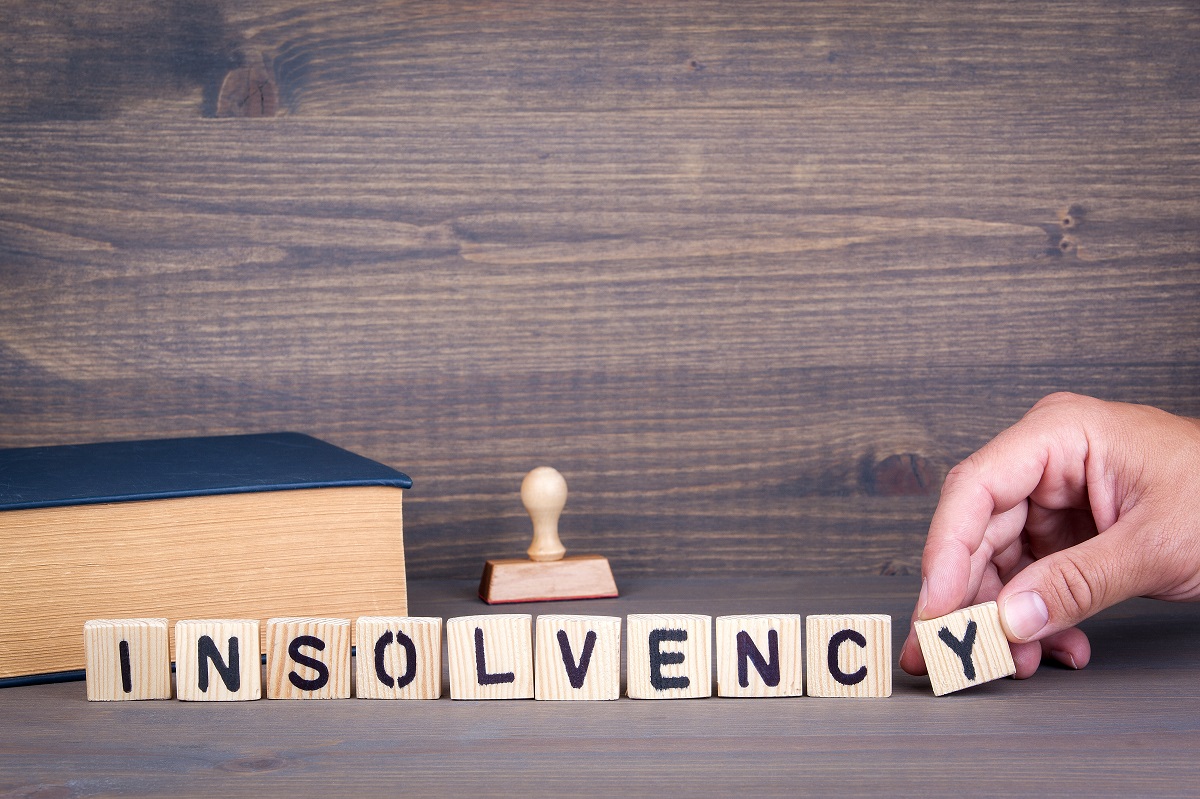Insolvency Practitioner Things To Know Before You Get This
Insolvency Practitioner Things To Know Before You Get This
Blog Article
The Definitive Guide to Insolvency Practitioner
Table of ContentsNot known Incorrect Statements About Insolvency Practitioner The Greatest Guide To Insolvency PractitionerInsolvency Practitioner Fundamentals ExplainedMore About Insolvency PractitionerRumored Buzz on Insolvency Practitioner
Whether you require to use a bankruptcy expert (IP) to liquidate your company depends upon numerous variables. While engaging an insolvency specialist for all kinds of liquidation is not a lawful need, doing so can frequently improve the procedure and make certain conformity with lawful needs. Liquidating a firm is a vital choice that features significant consequences.
It is a treatment made use of when a business does not have any kind of financial institutions, or every one of their financial institutions can be repaid completely with statutory interest. Understanding the different kinds of insolvency procedures can assist you figure out the most effective program of activity for your firm's liquidation or various other official bankruptcy procedures itself.
This is mandatory in order to stick to legal needs - Insolvency Practitioner. This is due to the fact that IPs have the needed qualifications and experience to ensure that the liquidation procedure is carried out according to all applicable laws and policies. By engaging a licensed bankruptcy specialist, you can have satisfaction recognizing that your business's liquidation process will certainly be managed expertly and in compliance with the pertinent legal needs
The Main Principles Of Insolvency Practitioner
The insolvency specialist is appointed as a liquidator and is in charge of managing the business and liquidator's financial obligations superior liabilities and possessions. This process entails liquidating the business's properties and dispersing the earnings to lenders. Upon conclusion of the process, the company is gotten rid of from the register at Firms Home.
Stopping working to do so can cause individual liability for the firm or supervisor for the lender's financial debts. Voluntary liquidation, that includes Financial institutions' Volunteer Liquidation (CVL) and Members' Volunteer Liquidation (MVL), is launched by the firm's directors and investors when they can no longer pay their financial obligations. In a CVL, the bankruptcy specialist is assigned as the liquidator, in charge of handling company financial obligations and all company assets.

Insolvency Practitioner Fundamentals Explained
By examining the knowledge and experience of possible insolvency experts, you can guarantee that you select a practitioner that possesses the necessary credentials to handle your firm's liquidation process effectively. While bankruptcy practitioner-led liquidation is usually the most ideal strategy for companies dealing with insolvency, there are different techniques to consider, such as striking off and partial liquidation.
It's necessary to examine all available alternatives before choosing the following best solution or training course of action for your service. Striking off firms' signs up is a much more uncomplicated and affordable way to shut inactive or small business without financial obligations or properties. To strike off a firm, its name is gotten rid of from the Firms my explanation House register by sending type DS01.
Before selecting striking off, it's crucial to weigh the advantages and disadvantages of this approach and consider whether it's the best selection for your business. Partial liquidation is an additional option to bankruptcy practitioner-led liquidation, wherein a business liquidates specific possessions and liabilities while remaining to operate with the continuing to be possessions and responsibilities.
A Bankruptcy Practitioner will have the ability to encourage you of the very best strategy to take and ensure that everything runs efficiently. It is not possible to sell off a company without a liquidator. Appointing an authorised insolvency practitioner is needed for the procedure of voluntary liquidation to begin.
7 Easy Facts About Insolvency Practitioner Shown
It is possible to shut and liquidate your firm without utilizing a liquidator, given your firm is solvent and you fulfill the eligibility demands to dissolve or liquidate it. If your firm is bankrupt, you might be required to use a liquidator and begin formal bankruptcy treatments. Here are some other informative short articles regarding company liquidation in the UK:.
Remaining in a placement where you're not able to pay your business's financial institutions is very stressful. In an effort to prevent increasing the level of debt, many firms try to work out straight with their lenders and accept an informal plan. If the great site debt is fairly small and owed to one creditor, and the lender is being participating, participating in an casual financial obligation arrangement is most likely the most effective solution, instead of searching the internet for 'a bankruptcy professional near me'.
On the various other hand, if there are several financial institutions and the level of financial obligation is huge, creditors may not be so ready or participating. In order to stay clear of liquidation or bankruptcy, it is much better to work with an insolvency practitioner to prepare formal propositions and negotiate with creditors in your place.
Not known Facts About Insolvency Practitioner
Whilst it is a way to manage financial debt, there are significant threats entailed with this sort of debt setup - Insolvency Practitioner. If a financial institution agrees to enter right into a casual plan (IA) whereby the borrower has concurred to make routine, if lower, payments to repay the financial obligation, it is essential to stick to the contract
.jpg)
Therefore, the lender is within their legal rights to back out of the arrangement and request the courts for your company to be sold off at any moment. An official setup that has been proposed by an insolvency expert on your part, and agreed by a lender, provides a much safer option.
Report this page